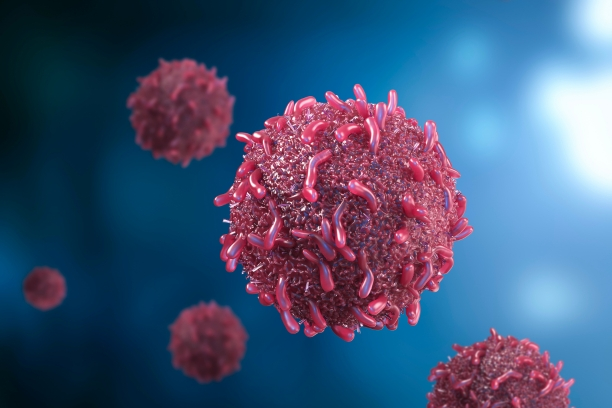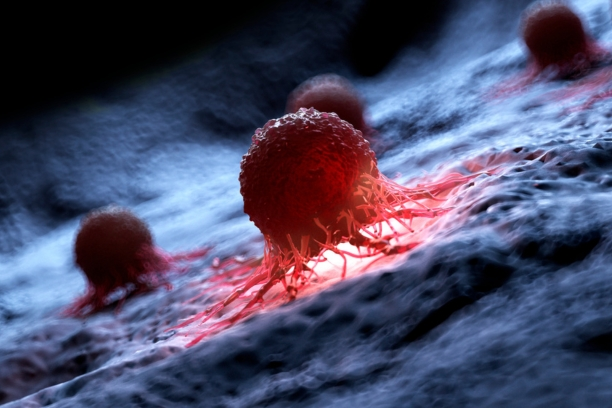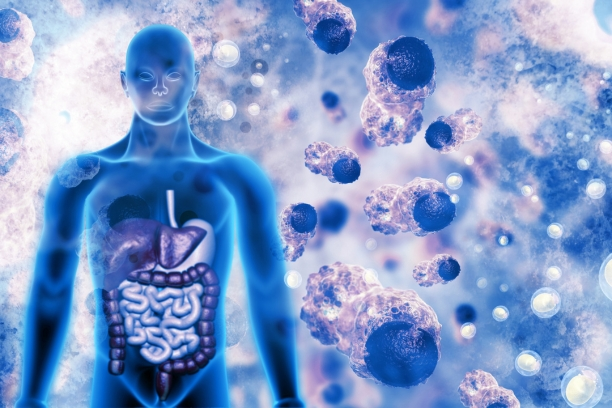Introduction
The journey through cancer is an arduous one, demanding not only medical interventions but also a holistic approach that addresses the physical, emotional, and mental aspects of the individual. In this comprehensive guide, we explore the intersection of naturopathy and cancer treatment, delving into the complementary approaches that aim to enhance the overall well-being of those navigating this challenging path.

Understanding Naturopathy in Cancer Care
A. Defining Naturopathy
- An overview of naturopathy as a holistic approach to health and healing.
- The fundamental principles of naturopathic medicine and its emphasis on treating the root cause.
B. The Role of Naturopathy in Cancer
- Recognizing naturopathy as a complementary approach to conventional cancer treatments.
- The integration of naturopathic principles into cancer care plans.
Holistic Assessment in Naturopathy
A. Individualized Treatment Plans
- The importance of personalized naturopathic protocols for cancer patients.
- How holistic assessments guide naturopathic practitioners in tailoring treatments.
B. Mind-Body Connection
- Exploring the intricate link between mental well-being and physical health.
- Naturopathic techniques to support emotional and mental resilience during cancer treatment.
Naturopathic Modalities in Cancer Care
A. Herbal Medicine
- The use of herbal remedies to alleviate cancer-related symptoms.
- Herbs with potential anticancer properties and their role in naturopathic protocols.
B. Nutritional Support
- Harnessing the power of nutrition in cancer prevention and support.
- Specific dietary recommendations for cancer patients undergoing treatment.
C. Mind-Body Practices
- The incorporation of practices like meditation and yoga in cancer care.
- How mindfulness techniques contribute to stress reduction and improved quality of life.
Detoxification Therapies
- Exploring naturopathic detoxification approaches and their role in cancer treatment.
- Ethical considerations and safety precautions in detox protocols.
Collaborative Care: Naturopathy and Conventional Cancer Treatments
A. Navigating an Integrated Approach
- The significance of open communication between naturopathic practitioners and oncologists.
- Collaborative efforts for a comprehensive and patient-centered cancer care plan.
B. Addressing Side Effects of Conventional Treatments
- Naturopathic strategies to manage and mitigate side effects of chemotherapy and radiation.
- The potential benefits of reducing treatment-related discomfort.
Understanding Cancer Cases
A. Solid Tumors
- Solid tumors are characterized by a mass of tissue, often found in organs like the lungs, breasts, and kidneys.
- Variations in the growth rate and invasiveness of different solid tumors.
B. Hematologic Cancers
- Cancers originating from blood-forming tissues, such as leukemia, lymphoma, and myeloma.
- The unique challenges in diagnosing and treating hematologic malignancies.
C. Carcinomas, Sarcomas, and Blastomas
- Categorizing cancers based on their tissue of origin.
- Understanding the distinctions between carcinomas (epithelial tissues), sarcomas (connective tissues), and blastomas (embryonic tissues).

Common Symptoms Across Cancer Types
A. Unexplained Weight Loss
- A common symptom across various cancers is often indicative of systemic changes.
- Understanding the relationship between cancer metabolism and weight loss.
B. Persistent Fatigue
- Fatigue that doesn’t improve with rest, is a prevalent symptom in many cancer cases.
- Exploring the physical and psychological factors contributing to cancer-related fatigue.
C. Changes in Skin or Moles
- Skin changes, such as color variations or changes in mole appearance, as potential indicators of skin cancer.
- The importance of regular skin examinations for early detection.
D. Chronic Pain
- Persistent, unexplained pain that may be localized or widespread.
- Addressing the challenges in pain management for cancer patients.
Site-Specific Symptoms
A. Respiratory Symptoms
- Cough, shortness of breath, and chest pain as indicators of lung cancer.
- Recognizing the subtleties in respiratory symptoms across different cancers.
B. Gastrointestinal Symptoms
- Digestive issues, changes in bowel habits, or blood in stool signaling gastrointestinal cancers.
- The importance of gastrointestinal health screenings for early detection.
C. Neurological Symptoms
- Headaches, seizures, or changes in coordination point to brain and nervous system cancers.
- The role of neuroimaging in diagnosing and monitoring these cases.
Special Cases: Pediatric Cancers
A. Recognizing Early Signs in Children
- Understanding the unique symptoms and challenges in diagnosing pediatric cancers.
- The importance of parental awareness and regular check-ups in identifying childhood cancers.

The Mind-Body Connection in Cancer Care
A. Recognizing the Impact of Mental Well-being
- Understanding the interconnection between mental and physical health during cancer treatment.
- The role of yoga in fostering a positive mindset and emotional balance.
Gentle Yoga Asanas for Cancer Patients
A. Seated Poses
- Gentle seated poses to improve posture and enhance flexibility.
- The significance of mindful breathing during seated asanas.
B. Restorative Poses
- Supported and relaxing poses to alleviate tension and promote relaxation.
- Incorporating props for comfort and stability.
C. Mindful Breathing Techniques
- Pranayama practices for enhanced respiratory function and stress reduction.
- Adapting breathing exercises to individual energy levels and comfort.
Yoga for Cancer-Related Fatigue
A. Easing Fatigue with Yoga
- Tailored yoga sequences to address cancer-related fatigue.
- The importance of pacing and adapting poses based on energy levels.
Yoga for Pain Management
A. Gentle Movements to Alleviate Pain
- Yoga asanas focus on gentle movements to ease the pain.
- Incorporating guided imagery and visualization techniques.
Building Strength and Flexibility
A. Modified Standing Poses
- Adaptations of standing poses to enhance strength and flexibility.
- The gradual progression from seated to standing asanas is based on individual capabilities.
New Blog: THYROID DISORDER
Yoga Nidra for Stress Reduction
A. The Healing Power of Yoga Nidra
- Guided relaxation techniques to alleviate stress and promote restful sleep.
- Integrating yoga Nidra into daily self-care routines.
The Role of Yoga in Cancer Survivorship
A. Empowering Life After Cancer
- The transformative impact of yoga in the survivorship phase.
- Encouraging a continued yoga practice for overall well-being.
Personal Stories: Empowerment Through Yoga
A. Narratives of Resilience
- Real-life stories of individuals who incorporated yoga into their cancer journey.
- The role of yoga in fostering a sense of empowerment and control.
Integrating Yoga into Cancer Treatment Plans
A. Collaborative Approaches
- The importance of communication between healthcare providers and yoga instructors.
- Collaborative efforts for personalized yoga plans aligned with medical treatments.
Safety Considerations and Modifications
A. Adapting Yoga for Individual Needs
- The significance of consulting healthcare professionals before starting a yoga practice.
- Modifications and precautions for individuals with different cancer types and treatment stages.




